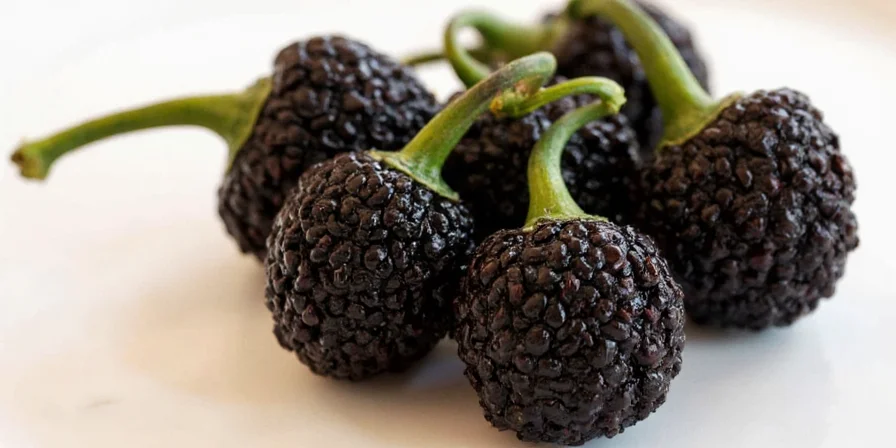Understanding Black Pepper: The King of Spices
Black pepper, known as the "king of spices," is one of the most widely used spices in the world. Its distinct flavor and aroma have made it a culinary staple for centuries. In this comprehensive guide, we will explore the history, cultivation, types, culinary uses, health benefits, and storage of black pepper.
History of Black Pepper
The history of black pepper dates back thousands of years. Originating from the southwestern coast of India, black pepper was highly valued in ancient trade routes. It was so prized that it was often referred to as "black gold." Ancient civilizations, including the Egyptians, Romans, and Greeks, used pepper not only as a seasoning but also as a preservative and even as currency.
The Spice Trade
- Black pepper was a significant driver of the spice trade in the Middle Ages.
- It played a crucial role in the exploration and colonization of new lands.
- Merchants and explorers sought to control the trade routes to access this valuable commodity.
Botanical Overview
Black pepper comes from the berries of the Piper nigrum plant. These small, round berries are harvested when they are still green and unripe. The berries are then cooked briefly and dried in the sun, turning them black and wrinkled.
Varieties of Black Pepper
| Type | Description |
|---|---|
| Tellicherry | Considered the finest black pepper, known for its strong flavor and aroma. |
| Sri Lankan | Has a bold, aromatic flavor and is often used in gourmet cooking. |
| Vietnamese | Typically stronger and more pungent, often used in Asian cuisines. |
Culinary Uses of Black Pepper
Black pepper is incredibly versatile and can enhance a variety of dishes. Here are some common culinary uses:
- Seasoning: It is commonly used to season meats, vegetables, and sauces.
- Flavoring: Adds depth and complexity to soups, stews, and marinades.
- Baking: Used in certain baked goods like spice cakes and cookies.
- Garnishing: Freshly ground black pepper can be used as a finishing touch on dishes.
Pairing Black Pepper with Other Ingredients
Black pepper pairs well with a wide range of ingredients, enhancing their flavors. Some popular pairings include:
- Salt
- Garlic
- Herbs like thyme and rosemary
- Citrus fruits
- Cheeses
Health Benefits of Black Pepper
Apart from its culinary uses, black pepper is known for its several health benefits:
- Aids Digestion: Black pepper stimulates the production of digestive enzymes.
- Rich in Antioxidants: Contains compounds that combat oxidative stress.
- Enhances Nutrient Absorption: Improves the bioavailability of nutrients from food.
- Anti-Inflammatory Properties: May help reduce inflammation in the body.
Traditional Medicine
Black pepper has been used in traditional medicine systems, such as Ayurveda and Traditional Chinese Medicine, for its healing properties. It is believed to aid in respiratory health, improve circulation, and even assist in weight management.
How to Store Black Pepper
Proper storage is essential to maintain the flavor and aroma of black pepper:
- Whole Peppercorns: Store in an airtight container in a cool, dark place.
- Ground Pepper: Use within six months for maximum flavor, and keep in a sealed container.
- Avoid Moisture: Keep pepper away from moisture, which can lead to mold.
Using Freshly Ground Pepper
For the best flavor, consider using freshly ground black pepper instead of pre-ground. A pepper mill allows you to grind the pepper just before using it, ensuring maximum freshness and potency.
Conclusion
Black pepper is more than just a simple seasoning; it is a spice with a rich history and numerous culinary and health benefits. Whether you're a professional chef or a home cook, incorporating black pepper into your dishes can elevate flavors and enhance your meals. With its versatility, it's no wonder black pepper has earned its title as the king of spices.
Illustration











 浙公网安备
33010002000092号
浙公网安备
33010002000092号 浙B2-20120091-4
浙B2-20120091-4